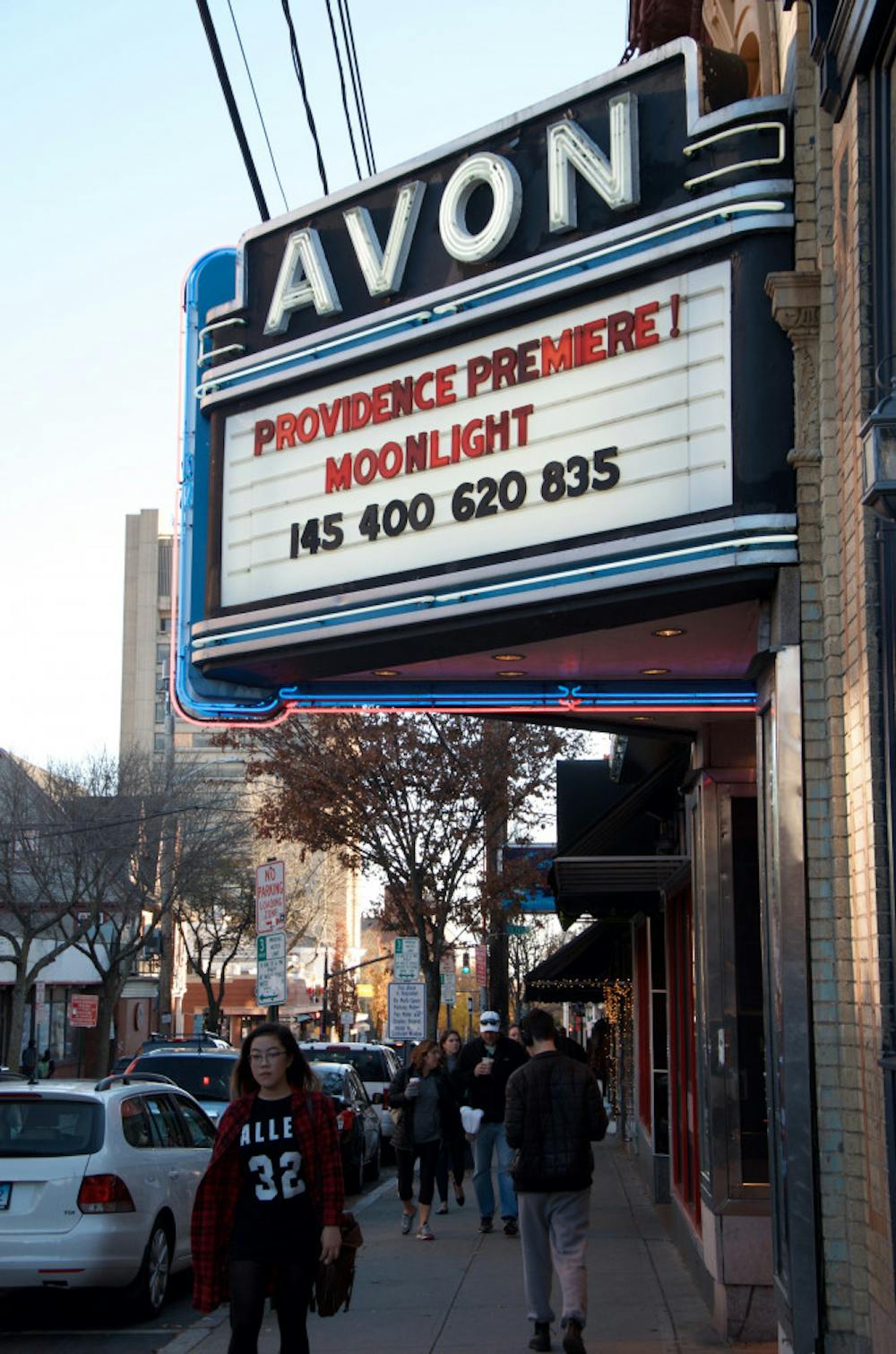Chiron, the subject of Barry Jenkins’ superlative “Moonlight,” says very little. When he does speak, words tumble furtively from the corners of his mouth, as if frightened by the intimate secrets they might betray. His voice aches with pathos. “Moonlight” astounds in its ability to empathize with Chiron’s anguish, offering both a searing social commentary and a celebration of blackness.
Before the 10-year-old Chiron, played by Alex Hibbert, utters a single line on screen, he’s already been labeled. Schoolyard bullies chase him throughout the barren landscape of Miami’s Liberty City, hurling both stones and insults in his direction: “little,” “bitch” and “faggot.” When he finally speaks in the following scene, his words bleed with pain: “My name is Chiron.” This line is stated as more of a question than a statement, which proves more tragic than his peers’ abuse.
But “Moonlight” answers Chiron’s question with a resounding ‘Yes!’ Jenkins’ subject is black, gay, impoverished and lives with a drug-dependent single mother. But more importantly, his name is Chiron, and for Jenkins, those preceding tropes represent little more than secondary shades in the vibrant tapestry of Chiron’s humanity.
To be clear, Jenkins doesn’t humanize Chiron. As A.O. Scott stresses in his New York Times review, humanizing Chiron implies that he “has ever been anything other than human.” “Moonlight” is the year’s best film precisely because it understands this distinction. Jenkins’ camera considers Chiron with empathy and grace, never allowing the audience to doubt or cheapen his basic human dignity.
“Moonlight” chronicles Chiron’s life in three chapters — from naive child to tortured adolescent to excessively masculine adult. The script draws inspiration from Tarell Alvin McCraney’s autobiographical play, “In Moonlight Black Boys Look Blue.” Jenkins grasps McCraney’s intent, recognizing the value of repainting black lives with bright color. His camera finds vivid tones of blue in nearly every frame. In painting a black world blue, Jenkins participates in a kind of overt symbolism that forces the audience to accept a vision of black vitality, etched with soul and poetry.
Following the aforementioned episode of bullying, Chiron turns to a local drug dealer named Juan, played by Mahershala Ali, to fill the parental void left by his crack-addicted mother and non-existent father. Juan and his girlfriend provide a nuclear familial unit, offering a safe space Chiron can call home. More importantly, they offer compassion.
Juan’s appearance may conform to expectations of callous masculinity, but he demonstrates profound tenderness and honesty toward Chiron when the young child asks him: “Am I a faggot?” In the following scene, Juan takes Chiron into the ocean to teach him how to swim. He cradles Chiron’s head in his hands, allowing a black boy to bathe in blue.
In the film’s second chapter, an adolescent Chiron, now played by Ashton Sanders, begins to come to terms with his sexuality. While this makes him a target of violence in the schoolyard, he finds peace in a moment of intimacy on the beach with a friend named Kevin, played by Jharrel Jerome. Jenkins does his best work in this scene, as the teenagers play around the edges of their vulnerability. They are two wounded souls, hesitantly exploring each other through a series of encircling advances and retreats. They endure the torture of code-switching, stumbling through a conversation about crying by repeatedly reverting back to gruff, masculine vernacular. Their interaction finally turns sexual, but it is not until Kevin allows a weeping Chiron to nestle into his shoulder that the moment proves radical in its empathy for black men.
By the third stanza, Chiron, now played by Trevante Rhodes, has transformed into a hulk of a man. Yet underneath his armor still lies a latticework of scars that Jenkins carefully exposes over the course of the third act. Jenkins’ vehicle for this uncovering is a reunion with Kevin, now played by André Holland, in a diner. A gentle nostalgia colors the scene in soft hues, and the blue light from a soda freezer makes the fringes of the screen crackle with life. Years of unspoken emotion hover on the precipice of being disclosed, but both men understand that honesty leaves them vulnerable to attack. They instead express themselves through jukebox lyrics. Barbara Lewis’ “Hello Stranger” saturates the scene in a warm glow. Their encounter pulses with kinetic energy. “You’re the only man that’s ever touched me,” Chiron finally tells Kevin, in a moment of excruciating candor.
Chiron’s sexuality provides the film’s narrative force, and Jenkins handles the subject material with sensitivity and aplomb. But he also resists the urge to let sexuality define his characterization of Chiron, and the film ultimately delivers a more universally empathetic message. At its heart, “Moonlight” is a meditation on the elemental need for compassion, and the trauma visited upon (mainly black) men in the absence of affection. The film finds sanctuaries in fleeting vignettes: the innocence of a childhood wrestling match in the grass, the support of a surrogate father’s arms during a swimming lesson and the tenderness of a friend’s caress under the light of the moon. Jenkins understands that pain is tactile — to know Chiron is to touch him. “Moonlight” reminds men that it’s okay to be held, and in empathy lies humanity.





